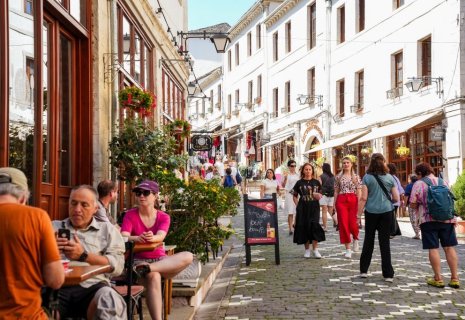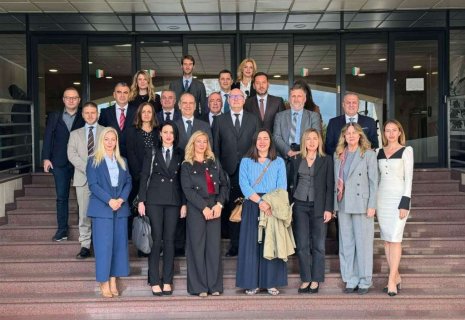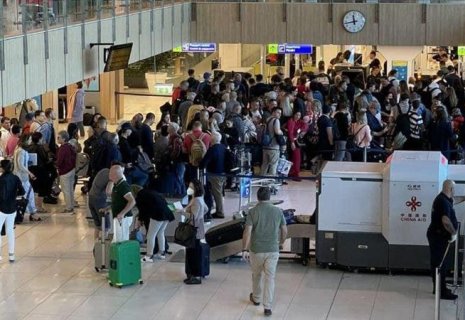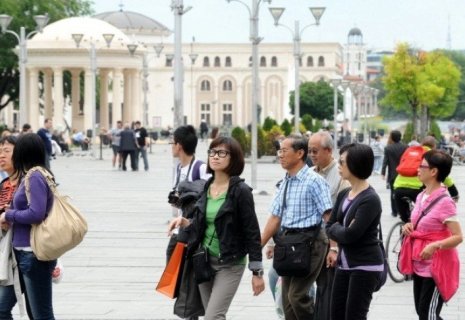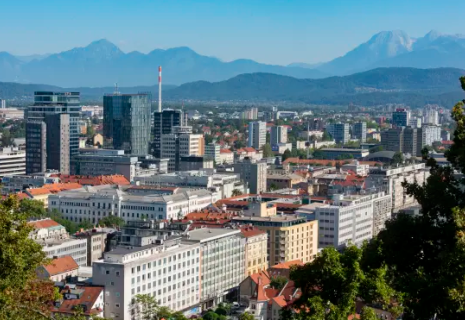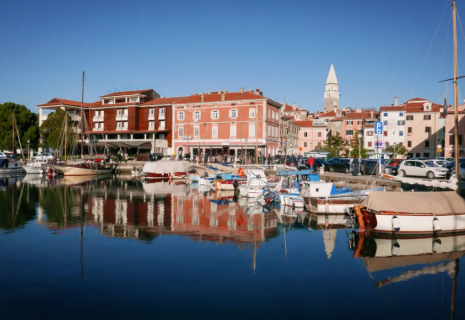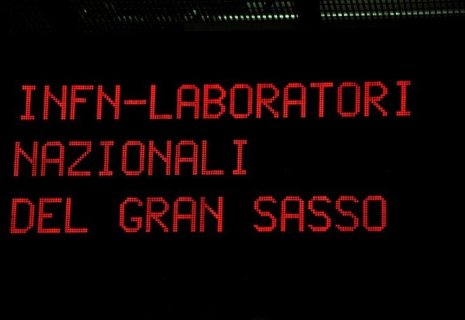
Bosnia Schengen alignment boosted by EU-backed visa reform project
Building visa capacities and strengthening border protection directly impacts the safety of citizens in Bosnia and Herzegovina, contributes to developing more stable economic systems, and fulfills requirements for joining the European Union.
This was stated at the conference on visa and border management capacity building in Bosnia and Herzegovina, held in Sarajevo, aimed at improving the country’s visa and border management systems, CE Report quotes FENA.
The project is co-financed by the European Union and contracted through ICMPD under the Migration Partnership Facility (MPF). It is implemented by the Swedish Migration Agency in cooperation with the Ministry of Security of BiH and the Ministry of Foreign Affairs of BiH.
By enhancing BiH’s capacity in identification, visa issuance procedures, and security measures, the project aims to reduce visa misuse and help address issues related to human trafficking and irregular migration.
Another goal of the project is to encourage regional cooperation and facilitate the exchange of information among Western Balkan countries.
The Swedish Ambassador to Bosnia and Herzegovina, Helena Lagerlöf, stated that it is a great honor to participate in the Visa Capacity Building project for Bosnia and Herzegovina, which is being carried out in cooperation with the Swedish Migration Agency and the European Commission.
She emphasized that the project represents an important step toward meeting EU standards in border and visa management and that it is developing successfully in partnership with local institutions, including the Ministry of Security and the Ministry of Foreign Affairs of BiH.
The Deputy Minister of Security of Bosnia and Herzegovina, Ivica Bošnjak, recalled that in June last year an agreement was signed between the BiH Ministry of Security and the Kingdom of Sweden on the implementation of the project, which will help align visa processes with the legal framework of the European Union and the Schengen area.
He stressed that the project is a significant step forward in the strong bilateral cooperation between the two countries and further strengthens their partnership in the field of migration management.
Bošnjak highlighted that the project foresees long-term cooperation and dialogue with the European Union on visa matters, thereby enhancing national capacities for border and migration management.
The focus will be on aligning visa policies with European standards, which will contribute to more efficient border control and the fight against illegal migration.
He added that the project’s implementation is the result of synergy between Sweden, the European Union, and Bosnia and Herzegovina, and despite differing priorities, mutual benefits are expected.
The project includes the involvement of local and international experts who will analyze the extent to which BiH’s legislation aligns with EU regulations and provide recommendations for further development.
At the conference, a report will be presented outlining the current legislation, identifying potential areas for development, and offering recommendations for alignment with the EU’s common visa policy and the Schengen rules.
The Assistant Minister of Foreign Affairs of Bosnia and Herzegovina, Frano Planinić, expressed special gratitude to the Swedish Migration Agency, the Embassy of Sweden, and the Delegation of the European Union for their outstanding efforts and tangible results within the project, which supports European efforts toward digitalizing visa processes and introducing e-visas.
He emphasized that this is particularly important for countries in the region, given the potential to attract tourists and strengthen the economy.
Planinić noted that the current average of 3.5 overnight stays per tourist in BiH is unsatisfactory and that capacity building is key to further development.
He stressed the importance of continuing to improve relations with the European community and added that BiH’s legislative framework is already largely aligned with EU regulations, while expert analysis will identify any remaining shortcomings and opportunities for further improvement.

